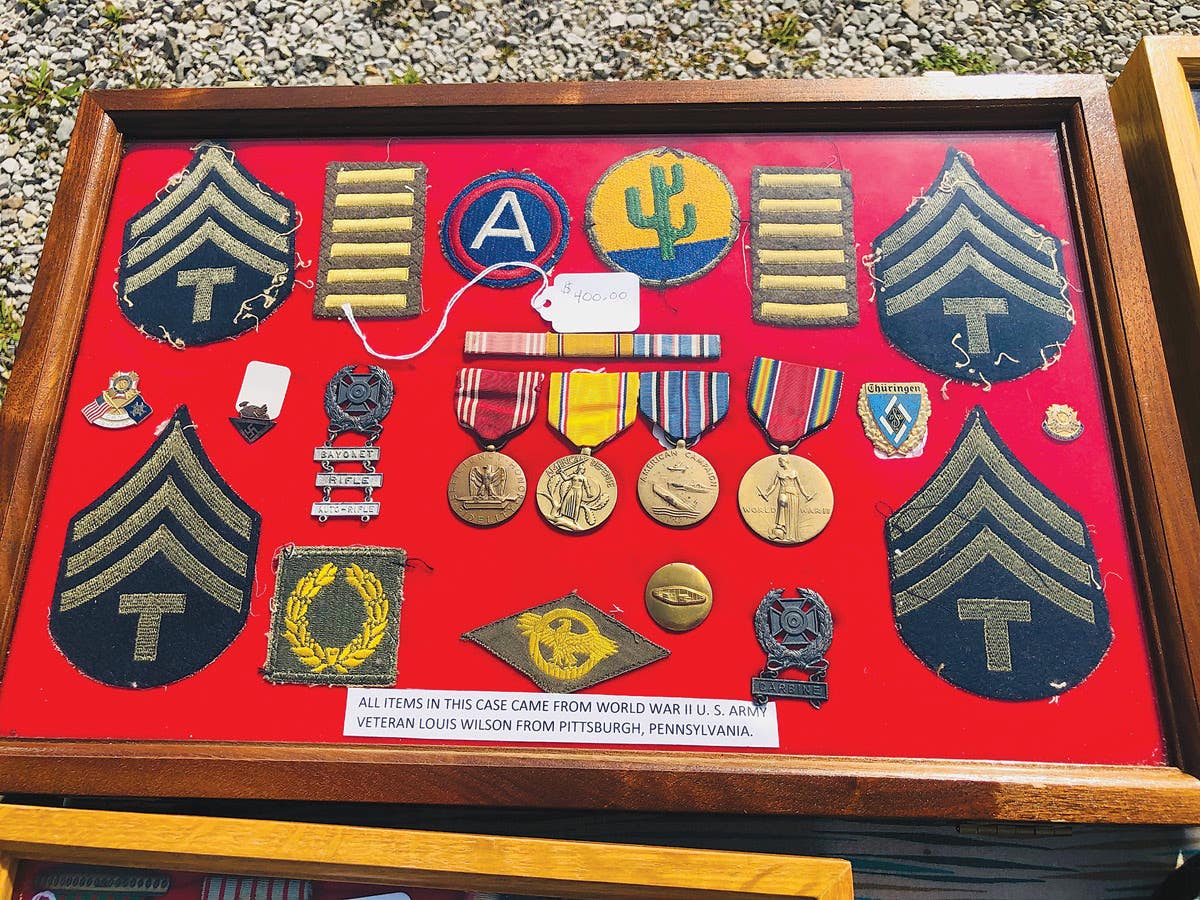Bells seized as spoils of war at heart of debate
CHEYENNE, Wyo. — Military veterans are stirred up and speaking out against the possibility that the U.S. might return three church bells seized as spoils of war from the Philippines…
CHEYENNE, Wyo. -- Military veterans are stirred up and speaking out against the possibility that the U.S. might return three church bells seized as spoils of war from the Philippines more than a century ago.
Such a simple gesture would go a long way toward demonstrating goodwill to an old and steadfast U.S. ally in the west Pacific.
The U.S. veterans' opinion on returning the bells? Don't even think about it.
"We oppose the return of the bells, period," said John Stovall, director of national security and foreign relations for the national American Legion.
Two of the three Bells of Balangiga are displayed at F.E. Warren Air Force Base in Cheyenne (above). They're part of a memorial to 46 U.S. troops killed by Filipino insurgents in 1901. A third bell is with a U.S. Army regiment in South Korea.
Earlier this month, the U.S. Defense Department sent U.S. Marines Brig. Gen. Richard Simcock to Wyoming to talk with veterans about the bells. The visit was the strongest indication in years, if ever, that U.S. officials are giving serious consideration to returning the bells.
Recent discussion about repatriating the bells has prompted Wyoming's governor and congressional representatives to tell the Obama administration to keep the bells where they are.
"I strongly oppose any efforts to deconstruct our war memorials that honor our fallen soldiers," Gov. Matt Mead wrote Clinton and Defense Secretary Leon Panetta on May 3.
Last month, the American Legion passed a resolution referring to the bells and calling on Congress to pass laws to protect military monuments from foreign governments seeking their removal.
Filipinos revere the bells as symbols of their long struggle for independence. The bells gave the signal for insurgents to attack American soldiers who were occupying Balangiga after the U.S. took possession of the Philippines following the Spanish-American War.
The issue could come up at the highest levels as Philippines President Benigno Aquino III visits the U.S. this week and meets with President Barack Obama and others.
Veterans worry the bells have become something of a bargaining chip in U.S.-Philippine relations, said Stovall with the American Legion.
"We think that one, that the bells represent a memorial to these fallen comrades in the Philippines. And two, were we to return the bells, it sets a dangerous precedent for other war memorials around the United States," he said.








